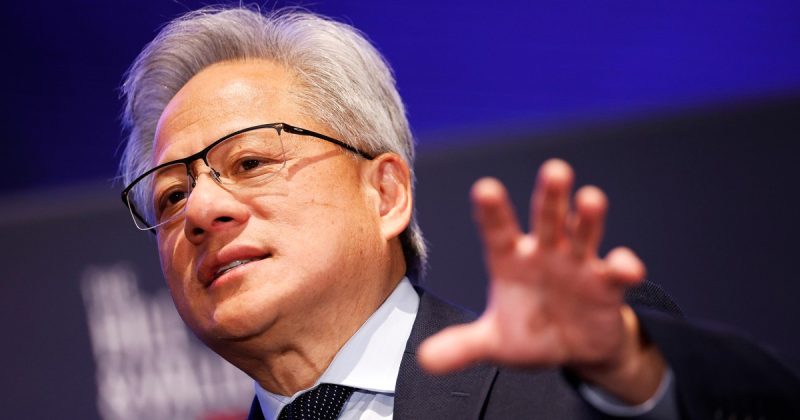
Recent reports suggested Nvidia, a leading AI chipmaker, was establishing a research and development center in Shanghai. This sparked immediate speculation, given the ongoing US restrictions on exporting advanced chips to China due to national security concerns. However, Nvidia swiftly clarified its position, stating unequivocally that it will not be sending any GPU designs to China for modification to circumvent these export controls. This statement directly addresses concerns raised by the initial reports in the Financial Times.
The proposed Shanghai center, according to Nvidia, will focus on finding ways to comply with US regulations while still serving the Chinese market. Crucially, the company emphasized that both production and design will remain outside of China. This carefully worded response highlights Nvidia’s attempt to navigate the complex geopolitical landscape and maintain a presence in a significant market while adhering to international regulations.
This situation underscores the challenges faced by technology companies operating in the global arena, particularly those dealing with advanced technologies like AI chips. The US government’s restrictions, stemming from concerns about potential military applications, have created significant hurdles for businesses. Nvidia’s experience exemplifies the need for companies to be agile and adapt their strategies to evolving geopolitical realities.
Nvidia CEO Jensen Huang’s previous comments highlight the company’s significant stake in the Chinese market. He has previously stated that losing access to this market would be a substantial blow, and this new development shows Nvidia’s commitment to finding a path forward that balances its commercial interests with its legal and ethical obligations. The company’s approach appears to be one of careful compliance and strategic adaptation, rather than outright withdrawal from the Chinese market.
The ongoing tension between the US and China over technology exports will likely continue to shape the strategies of multinational technology companies. Nvidia’s actions serve as a case study in how companies are attempting to navigate this complex situation, balancing the need to access lucrative markets with the need to comply with increasingly restrictive export controls.










